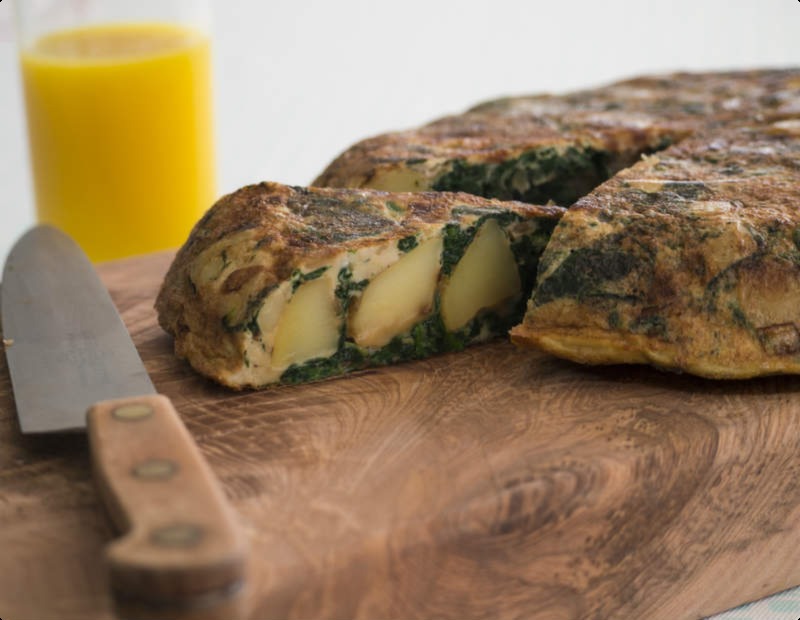

What is iron?
Iron is an essential mineral and a part of every living cell of the body! A balanced diet should provide all the iron your body needs; many foods are even fortified with iron.
Sometimes in life, for example during periods of rapid growth in childhood or pregnancy, people are more susceptible to becoming iron-deficient and anaemic. (If you have concerns, contact your GP.)
In the UK, the recommended iron intake is 14.8mg a day for women and 8.7mg a day for men.* (A 300g portion of cooked fillet steak could provide up to 7mg of iron.)
What does it do?
Iron is needed in blood to bind the haemoglobin proteins in red blood cells and help transport oxygen around the body.
Iron has other functions; for example for cell growth and regeneration, which is why it is important for healthy skin and hair.
Good sources of iron
Animal sources of iron are most easily absorbed. Examples of animal sources are lean red meat, poultry and seafood.
Other sources of iron are fortified breakfast cereals, lentils, beans, dark leafy vegetables, tofu, and dried fruit such as raisins. These are easier to incorporate into a balanced diet but the iron in them is not as easily absorbed.
Did you know?
Vitamin C and a good balanced diet help the body absorb iron.
In Britain, it is a legal requirement that all wheat flour (other than wholemeal) is fortified with iron. This restores the iron lost from the grain during the milling process.
Reference
* Department of Health, Dietary Reference Values for Food Energy and Nutrients for the United Kingdom, HMSO, 1991.



